Managing multiple brands, platforms, and expectations has become the new normal for digital agencies. Social media used to be one part of a campaign. Now, it often is the campaign. Clients expect daily content, high engagement, and measurable growth without delays.
At first, your internal team might manage the workload just fine. A content calendar here, a few Canva posts there, captions reviewed, but that system doesn’t stretch very far. As your client base grows, so does the demand. Suddenly, what felt manageable becomes chaotic: missed deadlines, inconsistent tone, creative burnout, and rising delivery costs.
That’s when most agencies start to look for help.
Some turn to freelancers. Others lean heavily on AI tools. A few build out internal roles. And increasingly, many start to outsource social media management to full-time offshore teams.
But what actually works long term and what just adds more work?
Social Media is a full system, not a single role

For most agencies, the hardest part about social media isn’t coming up with ideas; it’s how much there is to do.
Even just one client might need:
And all of that needs to happen every single day.
But many agencies still try to put all that work on one person. That’s like asking someone to cook, clean, serve, and run the entire restaurant alone.
It’s no surprise freelancers burn out. They’re not lazy. They’re just doing the job of 3 or 4 people.
Some argue that it’s because of the evolving scope of the role.
But social media today is more than just posting. It’s a system that works best when multiple creatives, writers, designers, video editors, community managers, are aligned and working together.
When your delivery model doesn’t match that structure, quality suffers.
What Happens When You Rely on AI?
AI tools have become incredibly efficient, especially ones built specifically for social media automation.
Agencies are now using tools like:
Blaze AI to generate carousels and caption bundles in minutes
ChatGPT to write short-form posts
Sora for video generation, or invideo AI to auto-create reels with subtitles and transitions, among others
For overworked teams, this is a godsend. You can upload a few inputs, tweak the brand voice, and churn out a week’s worth of content in less than an hour.
However, that same speed creates bland, formulaic content if there’s no human filter.
You might have seen these:
AI often does the same job for everyone.
What you end up publishing looks just like what your competitors are publishing. And your clients, who came to you for strategy and personality, start to mingle into the noise.
Why This Matters for Agencies
When every brand sounds the same, there is a good chance your engagement drops. When you remove creative oversight, you also remove quality control.
And the worst part? AI doesn’t save as much time as people assume.
You still need to:
It’s work. Just disguised as “automation.”
The fix? Don’t ship AI content as-is. Use it to jumpstart ideas, but always filter through your team’s creative lens. Your client hired you for voice, nuance, and strategy. That can’t be outsourced to a tool.
Where Freelancers Fit

When agencies get too busy, the first person they usually call is a freelancer. They’re great when you just need a bit of extra help. Freelancers can step in to finish a project or keep things moving without hiring someone full-time right away.
But freelancers aren’t a long-term delivery model. They’re a short-term fix.
Here’s how it often plays out:
Even when a freelancer sticks around, they still need active oversight.
You would still be the one managing the briefs, approvals, feedback, and deadlines, especially if you have opted to hire freelancers that are on the lower end. The skilled ones have higher rates, which may even be closer to what you’d pay for in-house talent.
And if that person leaves, everything resets.
This is why many agencies eventually outgrow the freelance model. Agencies offering social media as a core service need something more predictable.
Why Agencies Are Building Offshore Teams Instead

Outsourcing social media management for agencies means building a repeatable system, a structure that supports consistency and quality across every brand you manage.
Instead of working with freelancers or relying on AI, agencies are now building dedicated offshore teams through partners who handle hiring, HR, payroll, and compliance. This gives them full-time creatives who:
Work exclusively on your accounts
Follow your tools, processes, and tone guidelines
Integrate directly into your workflow
Here’s what your offshore marketing and creative team typically includes:
A social media manager who understands strategy, writes captions, schedules posts
A graphic designer who creates platform-specific visual assets
A video editor who cuts reels or long-form videos that align with the brand voice
A copywriter who supports campaign messaging and adapts tone across content formats
And if your agency handles broader creative execution, that team can include:
Content Writers for blogs and newsletters
UI/UX Designers for landing pages and app flows
Email Marketing Specialists for automated sequences
PPC Strategists and SEO Specialists to extend your digital reach
This structure is especially valuable when you’re managing multiple brands. You don’t have to start from scratch for every client. Your offshore team becomes an extension of your agency, already aligned with your systems and capable of handling volume.
If someone transitions out, the process doesn’t collapse. Replacements are sourced and trained within a managed hiring framework. That stability is hard to replicate with freelancers and impossible with AI alone.
Model | Content Turnaround | Brand Consistency | Scalability | Typical Cost |
|---|---|---|---|---|
AI Tools | Instant, but generic. Requires editing and review. | Low | Risky for client work | $20-$100/month (tools only) |
Freelancers | Varies. Depends on availability, time zones, and how many clients they juggle. | Inconsistent | Limited | $500-$1,500+ per role |
Offshore Teams | Steady and predictable once fully onboarded and aligned with your workflows. | High | Scalable | $1,800-$2,500 per full-time role |
Why This Model Actually Works
Most digital agencies grow fast but unevenly. What worked when you had 5 clients starts breaking down when you reach 15.
Hiring locally might help, but it’s expensive. And even when you do bring someone in, there’s no guarantee they’ll stay. If a team member leaves mid-project, delivery slows down and quality takes a hit.
A dedicated offshore team helps stabilize your operations without ballooning your costs.
You get:
Offshore hiring is a way to support growth with structure so the system holds, even when volume increases.
Strategic Use Cases by Agency Stage

Early-Stage Agencies
Instead of testing random freelancers, some founders hire a full-time offshore social media manager to work across all accounts. This creates consistency from the start and frees up the founder’s time to pitch, plan, and close.
Scaling Agencies
As your team expands, roles can specialize. For example:
Your strategist in-house sets campaign direction, while the offshore team handles execution
Larger Teams
Larger agencies often already have people in charge of strategy and client communication. So instead of doing everything themselves, they let their offshore creative team handle the day-to-day work, like writing posts, designing graphics, and editing videos. This way, their local team can stay focused on big-picture ideas.
And when the offshore team is set up through a partner like LevelUp, hiring, contracts, and quality checks are already taken care of.
What to Do Next
You don’t need to choose between AI, freelancers, or offshore teams. Each has its place.
But if you’re managing multiple social accounts and you’re tired of the back-and-forth or hiring someone new every few months, it might be time to build a better system.

Outsource social media management the smart way. Start with one full-time hire. Train them in your process. Let your team focus on what they do best.
And when you’re ready to grow, you’ll already have the right setup to scale.
